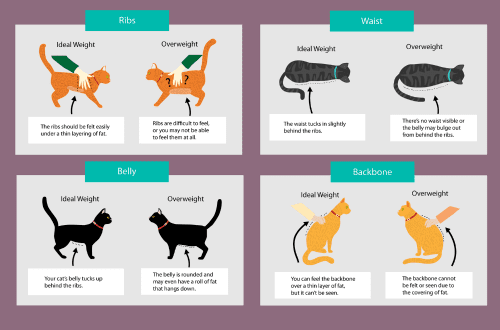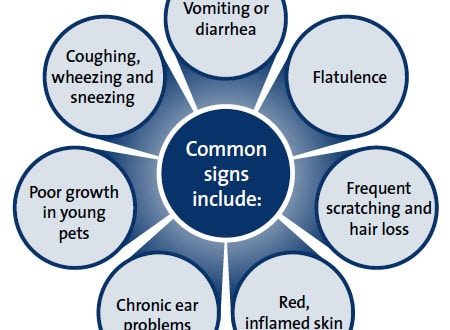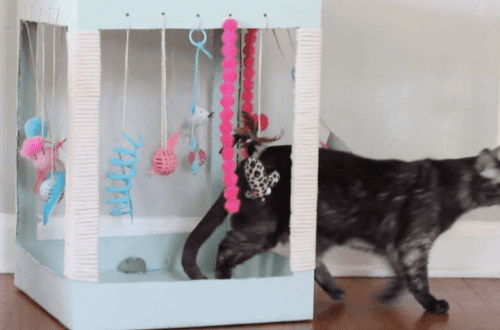
Diarrhea in a cat: how to treat and what to do
While cleaning their cat’s litter box, the owner may notice diarrhea in the cat. Millions of cat owners face this problem every year. Whether your pet’s stool is soft and sticky, bloody, or, worst of all, watery, it’s important to remember that thousands and thousands of owners experience these problems.
Contents
What is cat diarrhea
Diarrhea refers to stool that is softer, thinner, or waterier than it should be. During diarrhea in a domestic cat, she goes to the litter box more often than usual. At the same time, pets can walk past the tray, and their stool may contain blood, mucus, or even parasites.
Although in most cases, diarrhea in a domestic cat resolves on its own within a few hours or days without help, a pet that has diarrhea that lasts longer than a day or is accompanied by more severe symptoms should be taken to the veterinarian immediately. Among the warning signs to call the veterinarian as soon as possible are vomiting, loss of appetite, blood in the stool, watery stools, or fatigue.
It is important to remember that prolonged diarrhea in a cat or kitten is fraught with dehydration. Therefore, the pet should be examined by a veterinarian.

Symptoms of diarrhea in cats
Along with unhealthy stools, usually loose or watery, cats with diarrhea may experience the following symptoms:
- mucus or blood in the stool;
- worms in the stool;
- defecation past the tray;
- frequent defecation;
- difficulty in defecation;
- nausea or vomiting
- loss of appetite;
- fatigue or weakness;
- abdominal pain;
- weight loss.
Causes of diarrhea in cats
Diarrhea in a domestic cat can be caused by various reasons. Often diarrhea occurs if the cat has eaten something unusual or her diet has changed dramatically. The transition from one food to another is best done slowly over the course of a week, gradually adding more of the new food and leaving less of the old. This approach allows the pet’s digestive system to adapt and reduces the likelihood of diarrhea.
Other possible reasons why a cat has diarrhea:
- viruses;
- parasites;
- bacterial growth in the digestive tract;
- food allergy;
- inflammatory bowel disease;
- taking antibiotics and other medications;
- toxins;
- pancreatitis;
- liver and kidney disease;
- hyperthyroidism.
The cat has diarrhea: what to do
First you need to assess the condition of the cat. Does she feel normal or does she look more tired than usual? Does she have a poor appetite or are there any other symptoms that indicate a deviation from the norm? Perhaps she is still vomiting? If the cat’s diarrhea is a one-time occurrence, resolves after a few hours as suddenly as it started, and is not accompanied by other symptoms, it is generally not considered an emergency.
However, if the diarrhea continues for a long time, in particular more than a day, is accompanied by significant changes in behavior or other signs, the cat should be immediately taken to a veterinary clinic for emergency care. Stools that are bright red with blood or darker, tarry stools also indicate an emergency.
It is necessary to carefully monitor the frequency of cases of diarrhea in the pet and the appearance of the stool. These data must be provided to the veterinarian at a scheduled or emergency appointment.
How does a veterinarian determine the cause
Professionals can use several tools to determine the cause of a cat’s diarrhea:
- medical history of the animal;
- physical examination;
- basic laboratory tests – blood test, stool test;
- X-ray – X-ray;
- Ultrasound – ultrasound examination of the abdominal organs;
- endoscopy/colonoscopy and biopsy – to obtain a tissue sample;
- evaluating drug reactions;
- food reaction assessment.
Diarrhea in a cat: how to treat and feed
How to treat diarrhea in a cat at home depends on its underlying cause. There are many treatments available for diarrhea that a veterinarian may recommend depending on a variety of factors. However, nutrition plays a key role in correcting this condition.
Nutrition is of great importance for the healthy stool of an animal. Incorrect food can lead to chronic diarrhea in a cat, so your veterinarian will first assess your furry pet’s diet. As part of the treatment, he may recommend changing the cat’s food. Recommendations usually include foods low in fat or rich in complex carbohydrates and digestible complex carbohydrates with added fiber.
Chronic cases of diarrhea are usually treated with a special diet plan along with medication. In most cases, your veterinarian will recommend dietary therapy for the rest of your pet’s life to maintain proper digestion for conditions that cannot be completely cured. He or she may recommend a medicated cat food specially formulated to improve digestion and prevent and treat diarrhea. Many cases of chronic GI disease in cats are well treated with a diet supplemented with prebiotic fibers. This category of diseases of the gastrointestinal tract is called diet-dependent enteropathy.
If owners are concerned that a cat may be allergic to food, a series of food tests should be performed to formulate an ideal diet. These pets are usually recommended hydrolyzed food or food with a protein unfamiliar to the pet.
Although cat diarrhea is a very unpleasant condition, with the right treatment and the help of a veterinarian, the cat will very soon become happy and healthy again.
See also:
Indigestion in a cat: what to do and how to treat
Calcivirosis in cats: symptoms and treatment
The cat vomits after eating: what to do?





